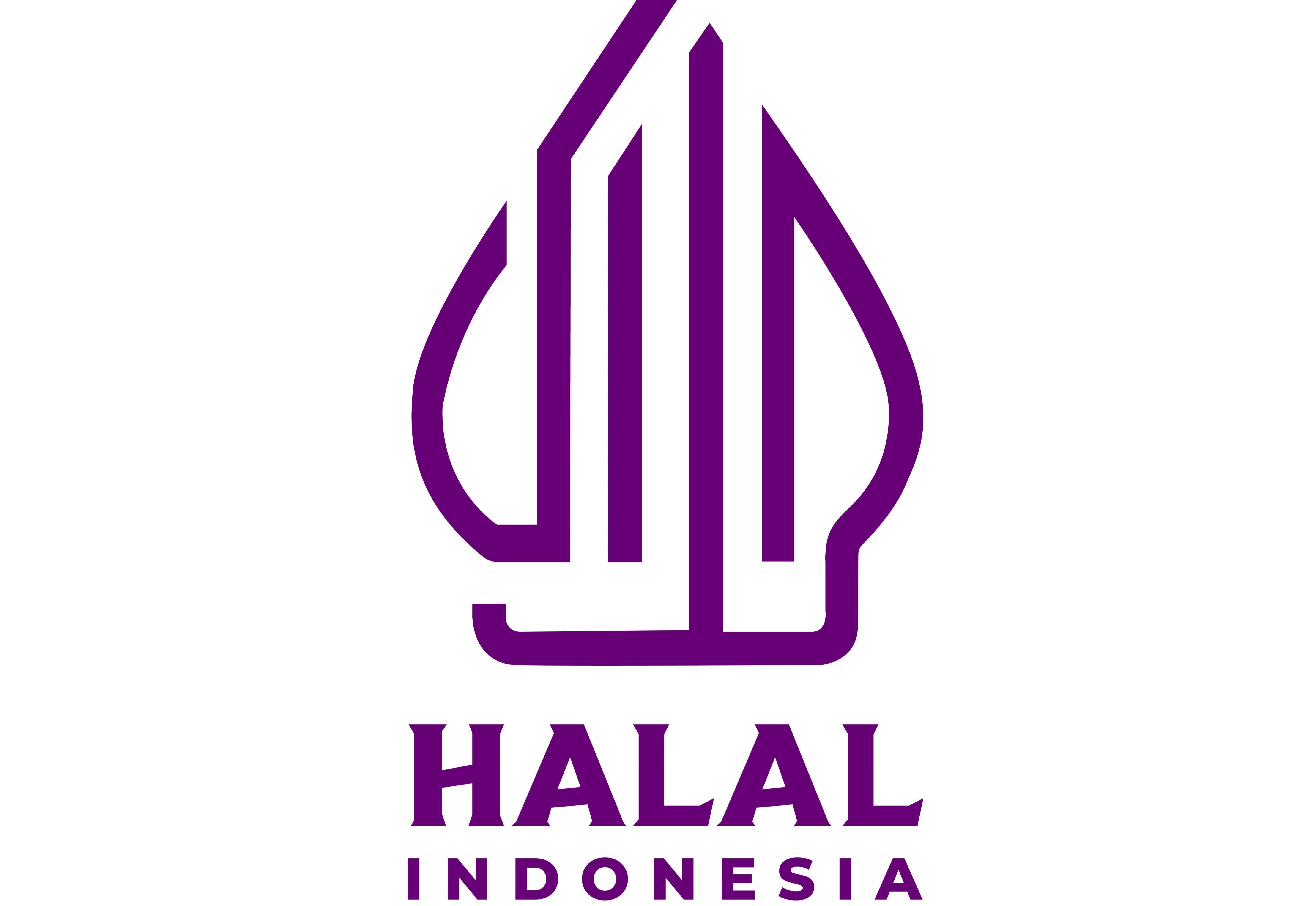Navigating Indonesia's Halal Certification: Key Requirements, Trade Impacts, and Compliance Deadlines

Controlled by the Halal Product Assurance Law (Law No. 33 of 2014), the halal certification system in Indonesia is a critical regulatory structure aimed at protecting Muslim customers and guaranteeing that products comply with Islamic dietary requirements. This law requires halal certification for all food, beverages, pharmaceuticals, cosmetics, and other consumer goods, establishing a rigorous and comprehensive approach to halal assurance. Although the law was first introduced in 2014, it allowed gradual implementation. It is now entering the final stages for certain category products like food and beverage to be marked as non-halal or halal certified, starting October 17, 2024.
Certification Process and Requirements
The Halal Product Assurance Organizing Agency (BPJPH) manages the certification process in Indonesia, which consists of many procedures designed to assure strict compliance with halal requirements. Initially, enterprises must apply the BPJPH, which evaluates the paperwork to ensure compliance with halal regulations. The Indonesian Ulema Council (MUI) then conducts an examination and audit of the products to authenticate their halal designation. After completing all the conditions, the BPJPH grants a halal certificate valid for four years, which must be renewed afterward.
The certification standards are stringent, including using halal ingredients, proper handling and processing procedures, and full compliance with Islamic dietary regulations. These safeguards are intended to preserve the integrity and credibility of the halal certification process and ensure that certified products satisfy the standards of Muslim consumers.
As of 2023, the BPJPH had recorded roughly 2.7 million halal-certified items. Approximately 450 thousand goods are gaining halal certificates, with nearly 1.5 million currently in the registration pool. In anticipation of the halal certificate being mandatory in 2024, the BPJPH has established 55 Halal Inspection Bodies, or Lembaga Pemeriksa Halal (LPH for short), and received roughly 100 requests for collaboration from foreign halal agencies.
Impact on International Trade
The mandated halal certification has far-reaching ramifications for international trade, particularly in the food and processed agricultural products industries. One of the key advantages is increased market access. Halal certification opens its prospects in the enormous Muslim consumer market, not just in Indonesia but also in other Muslim-majority nations, such as the United Arab Emirates (UAE) and Saudi Arabia. Companies that gain halal certification may find that their export potential increases significantly.
Halal certification improves consumer trust and corporate credibility. For Muslim consumers, halal certification is proof that items follow Islamic dietary requirements, which boosts their confidence and willingness to purchase the business’ products. This certification meets international halal criteria, making it easier for certified items to enter global markets and potentially enhancing commerce and economic growth. Failure to comply with the halal certification obligation will result in administrative measures, including a written warning, a fine, or a product recall.
With a population of 275.7 million, the fourth biggest in the world, a significant rise of the middle class, and a consistent rising trend in expenditure per capita, Indonesia's Food and Beverages (F&B) industry remains one of the country's most vital commercial sectors. The estimated market size of the F&B sector was around USD 36.6 billion in 2022, with an expected compound annual growth rate (CAGR) of over 12% during the 2022 to 2027 period, according to Tridge Insights.
The Halal industry is an integral part of Indonesia's economy, and the government's promotion of halal certification is a strategic effort to establish Indonesia as a global halal hub. This draws investment and fosters economic growth, emphasizing the importance of the halal industry.
Challenges and Opportunities
Despite the opportunities, halal certification presents hurdles for international trading. Companies must deal with complex certification systems and meet high requirements, which can be resource-costly. However, the benefits of entering the booming halal sector frequently outweigh these disadvantages. Companies that obtain halal certification can have access to a valuable consumer base, increasing their market reach and competitiveness. This halal certification requirement is critical given the consequences of noncompliance, including food recalls. Businesses could be barred from selling their products in Indonesia, resulting in substantial financial losses.
Conclusion
Indonesian halal certification ensures that products follow Islamic dietary standards and provides several benefits for international trade. Companies seeking halal certification can access the vast Muslim consumer market, increase consumer trust, and satisfy international standards. The Indonesian government's attempts to promote halal certification seek to position the country as a global halal hub, thereby boosting economic growth and attracting investment. Considering the Oct-24 deadline for halal compliance, F&B companies are advised to ensure their products meet the halal certification requirements. This is similarly significant for non-halal goods and services in the food and beverage industry, which must have the statutory non-halal remark. Given how long the halal certification process takes, the sooner the compliance check begins, the better for businesses.
